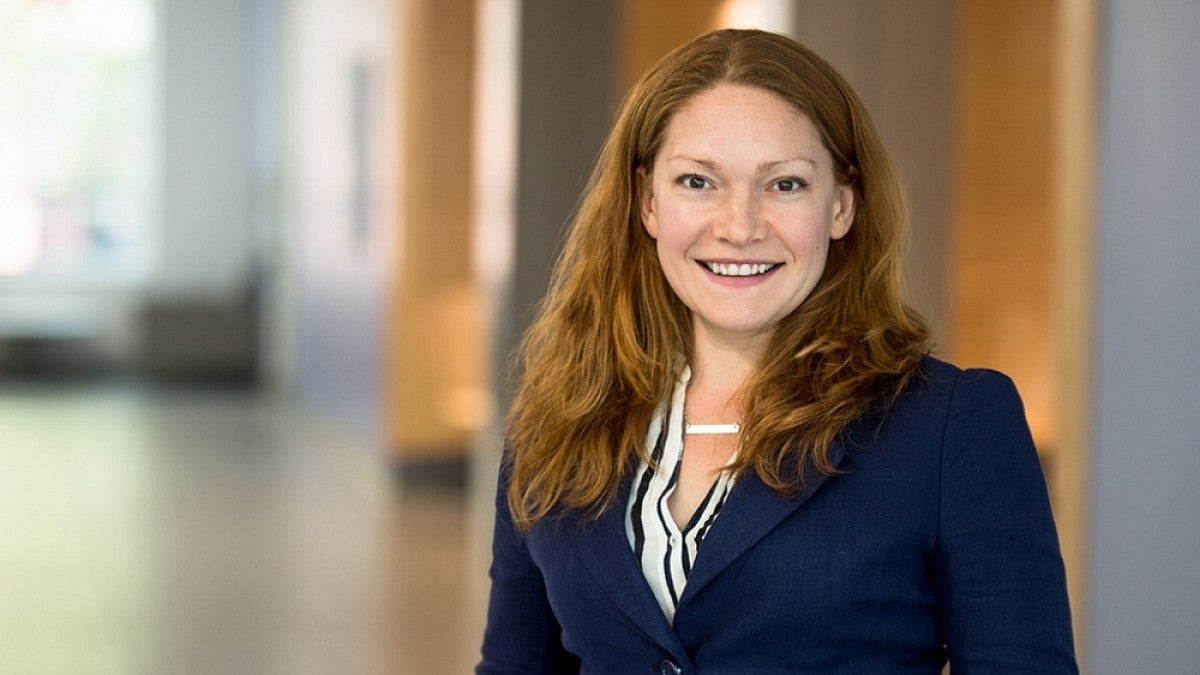An environmental historian at Brown University will explore the Chukchi Peninsula in far eastern Siberia in the 2020-21 Oregon Humanities Center's Clark Lecture, “The Reindeer and the End of the World,” on Tuesday, May 4, at noon via Zoom.
Bathsheba Demuth is an assistant professor of history and environment and society at Brown. She is an environmental historian, specializing in the lands and seas of the Russian and North American Arctic.
Demuth is interested in how the histories of people, ideas, places and nonhuman species intersect. Her interest in Northern environments and cultures began when she was 18 and moved north of the Arctic Circle in the Yukon. For more than two years, Demuth mushed huskies, hunted caribou, fished for salmon, tracked bears and otherwise learned to survive in the taiga and tundra.
The indigenous Chukchi people have traditionally been herdsmen and hunters of reindeer; those who live along the coasts of the Arctic Ocean, the Chukchi Sea and the Bering Sea have customarily hunted sea mammals such as seals, whales, walruses and sea lions.
Russia launched a series of military campaigns against the Chukchi in 1729. The Chukchi resisted, and, when surrounded, they frequently committed mass suicide rather than surrender.
By the 1760s, the Russian government decided that the cost of vanquishing the Chukchi was too high in terms of money and troops and ended the war on the condition that the Chukchi cease attacking Russian settlers and pay the yasak, the yearly tax that native Siberians paid in furs.
In the 1930s, the Chukchi were forced into Soviet economic collectives, which disrupted their indigenous traditions and lifestyle. The Chukchi Peninsula became a region of mines and gulags. It’s a place that has experienced radical changes with Russian contact, the founding of the Soviet Union, and then its dissolution.
Weaving a story of devoted Bolsheviks, Chukchi nomads and herds of reindeer, Demuth will ask what kinds of narratives suit the empirical experience of radical change, what is lost through emphasizing rupture and what is gained by paying attention to the ruins left by past ways of living in a transformed Arctic and planet.
Demuth’s book “Floating Coast: An Environmental History of the Bering Strait,” published in 2019, offers a comprehensive history of Beringia, the Arctic land and waters stretching from Russia to Canada. Those frigid lands and waters became the site of an ongoing experiment: How, under conditions of extreme scarcity, would modern ideologies of capitalism and communism control and manage the resources they craved?
Demuth’s lecture is free and open to the public. Registration is required to participate in the live Zoom event. The talk will be recorded and available for viewing on the OHC’s YouTube channel. For more information contact ohc@uoregon.edu.


